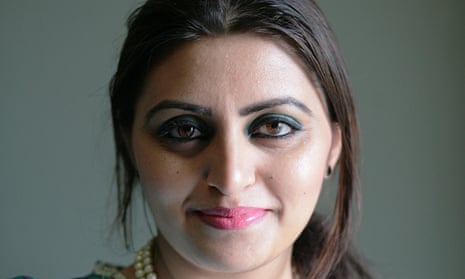The World Humanist Conference in Oxford at the weekend struck me as a completely religious gathering, even though it is predicated on atheism. If it hadn’t been for the words of the sermons, we might have been at any Protestant missionary society.
Part of this was the architecture. The old parts of Oxford University date from the time when there was no clear distinction between religion and society, and most of them now have a faintly sacerdotal air. Part of it was the people: lots of beards, formidable middle-aged women and younger gay men. Everyone was united and sharing in a sense of relief at being in a safe space where what was important to them was no longer strange or dangerous. But there was much more than that. We heard un-sermons, listened to choirs singing un-hymns, and applauded un-mission partners whose heroism and suffering were an inspiration to those of us in comfortable England.
This isn’t entirely flippant. The heroism and the suffering were entirely real, and so was the inspiration drawn from them. There are many parts of the world where secularists and atheists are persecuted – even to the point of death – quite as much as members of the wrong religion are. I talked to one man, from a Middle Eastern country that is widely regarded as on our side, who said in an entirely matter of fact way that if he were quoted by name he would be signing his death warrant.
I talked, too, to half the atheist population of Gambia – a cheerful former communist who reckoned that all but one of the other humanists in his group were secret believers who just signed up for humanism because they thought science was cool. More seriously, there was an anguished NGO worker from Nigeria who dared not talk about his beliefs because he thought that this would damage the credibility and effectiveness of the agency he worked for.
It is difficult to know who was the bravest, but my nomination would go to Gululai Ismail, a young woman who has set up networks to spread ideas of human rights and peace in some of the most lawless and dangerous parts of Pakistan and who has, in consequence, had her family home shot up and death threats made against her.
But there remains the question of whether humanism is in fact a religion, or something more like a religion than it is like any other sort of social movement. This is complicated because of the way in which “religion” has become a toxic brand. But if we go back to the science, I think the answer is clearly that it is. Emile Durkheim, who pretty much founded the scientific study of religion, defined it as “a unified set of beliefs and practices relative to sacred things, that is to say, things set apart and surrounded by prohibitions – beliefs and practices that unite its adherents in a single moral community called a church”.
So, can you have religions without a church? Humanism almost qualifies. It sacralises humanity, claiming for us a significance that is not to be derived from either biology or physics. Organised humanism clearly has unified beliefs and practices. It even has the world’s most lugubrious and sentimental hymn: John Lennon’s Imagine. Like all modern religions it has universalist aspirations, claiming to explain the lives of non-believers better than they can do so themselves. It can inspire heroism and self-sacrifice, but also be used to legitimise intolerance – see Sam Harris and his friends.
So the real question is how it can fit into a world of competing universalist religions. This is hard, and lots of humanists will not think it worth the effort. Bringing sacred values such as human rights and democracy into dialogue threatens their sacredness, and even when they survive the process it is hard to give up the privilege of being their authoritative interpreter.
But there are some humanists who take dialogue seriously. I talked to Babu Goginieni, now the international director of the movement, who was relaxed about theology: “The enemies of humanism are not only on the religious side,” he said. “I think the government has no business taking up any side. Atheism is not important. I happen to be an atheist, but that’s not the point – what is important is freedom and human values, and a way of living with others and with nature. Once we have concluded there is no God, we move on.”

